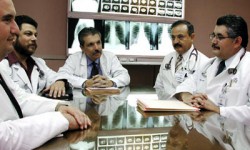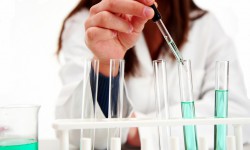
Aspirin use has been recommended for those who have higher risks of cardiovascular disease, but can it help prevent colon cancer as well? A panel of medical experts at the U.S. Preventive Services Task Force recently issued guidelines that do recommend aspirin therapy for cancer in those with a higher risk of developing colorectal cancer.
Taking low-dose aspirin on a daily basis has been shown to decrease the risk of developing colorectal cancer in those who are over 50 years old. Medical experts at USPSTF carefully considered the risks of daily aspirin use along with these health benefits in order to determine whether or not to recommend it for those with a higher risk of colorectal cancer.
The recently issued guidelines state that adults who are 50 years old or older should take aspirin daily if they have higher risks of getting this type of cancer and higher risks of stroke and heart disease. However, experts caution that taking aspirin on a regular basis is not considered safe for those with certain health issues, such as risk factors for stomach bleeding. Aspirin can increase the risk of stomach bleeding, so it’s important for those who take it to only have low doses of it each day.
Those who are considering taking low-dose aspirin therapy for cancer should talk to their doctor first to make sure it’s safe for them to do so. This helps lower the risk of side effects or adverse reactions.
Issels® offers immunotherapy for those who want advanced non-toxic forms of treatment for cancer. Contact us to learn more about these treatments.





